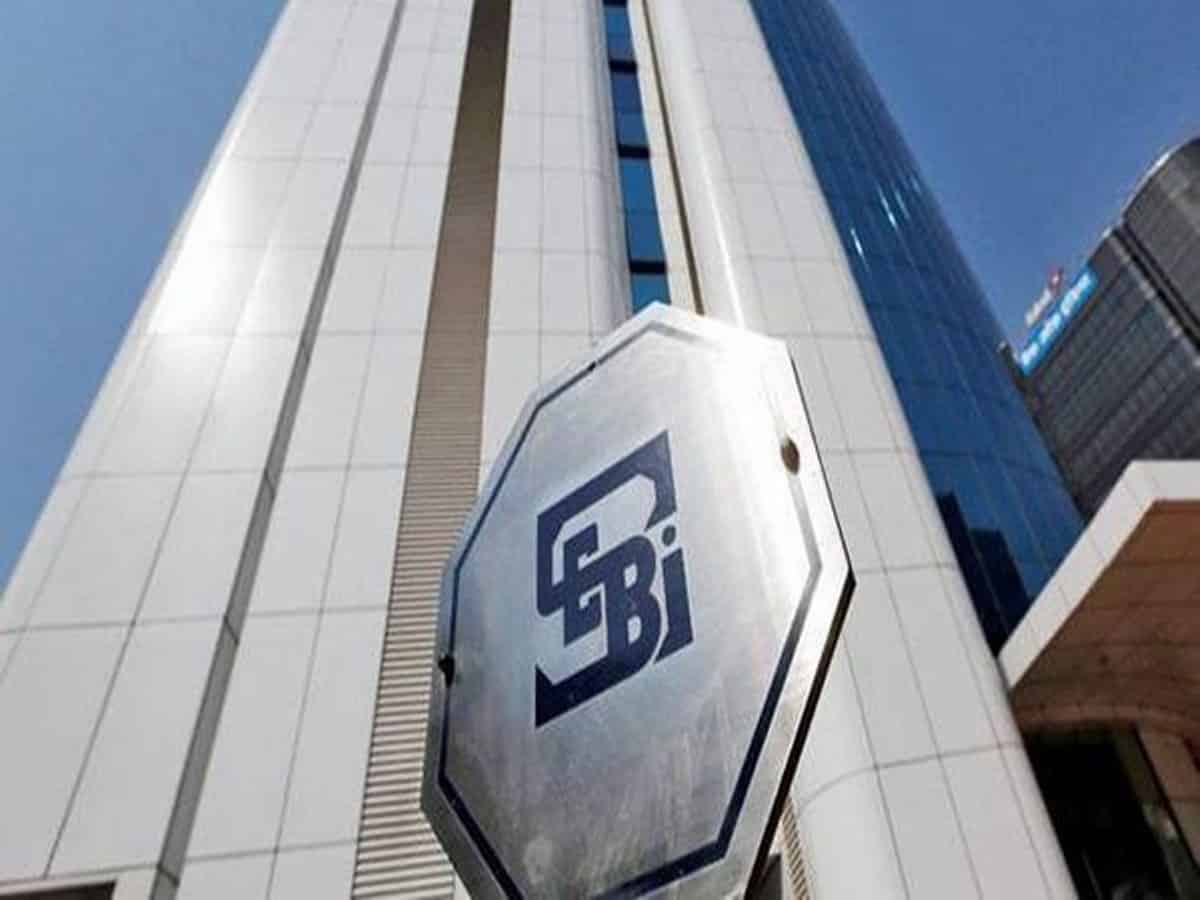
New Delhi: The Securities Exchange Board of India (SEBI) has filed an application in the Supreme Court containing its views on various recommendations made by the court-appointed Expert Committee in connection with the Adani-Hindenburg case.
In its application, the market regulator has sought “appropriate orders” from the apex court when the latter hears the case on Tuesday.
For effective enforcement policy, the expert committee, in its report, recommended, inter-alia, to develop a proper enforcement policy that would optimise the utilisation of precious regulatory resources and to lay down criteria on the basis of which the SEBI may choose what proceedings/measures to initiate.
In response, the SEBI submitted before the court that it “has a documented Enforcement Manual which is applicable to all quasi-judicial and other enforcement proceedings conducted by the SEBI, pursuant to completion of investigation or inspections or intermediaries or other examinations”.
“The enforcement manual, inter-alia, prescribes objective criteria/numerical thresholds, wherever possible, for initiation of suitable enforcement actions or administrative/soft actions for various types of securities market violations,” it added.
Responding to the Expert Committee’s observation that the proceedings initiated by the SEBI in 2021-22 have “skyrocketed”, it said that the increase was due to the large number of adjudication proceedings in Illiquid Stock Options (ISO) matters.
With regard to the judicial discipline, the SEBI said that In the ordinary course, the ratio laid down by one adjudicating officer(AO)/whole time member (WTM) are followed by another WTMs/AO, except in the cases where the latter authority does not agree with the ratio laid down by the former as it has no precedential value.
“Violations of securities laws demand prompt action so as to limit the negative impact on the securities market. The entire matrix of securities law is crafted with the objective of ensuring a secure investment environment and hence, immediate action is warranted under securities law,” it said.
It stated that in SEBI cases, if appropriate action is not taken in a timely manner, irreparable damage to investors can be caused, which cannot be reversed by the higher court.
On a robust settlement policy, the SEBI said that it already has a SEBI (Settlement Proceedings) Regulations, 2018 dealing with the procedure/process of settling a particular case and also contain provisions relating to grounds for rejection of settlement applications and calculation of settlement amount.
The SEBI opposed prescribing timelines for initiation of investigation and proceedings and said that “prescribing specific timelines to complete the investigation may compromise the quality of investigation”.
Notably, all the offences under the SEBI Act (except offence under section 11C (6), SCRA Act and Depositories Act), the SEBI can initiate prosecution without any period of limitation.
In response to the recommendation that human discretion in surveillance actions should be done away, the SEBI said that “inclusion of stocks into F&O is completely data driven, based on objective criteria, market matrix and action taken report of the entity” and “over 90 percent of the filings on Exchanges are in machine readable form.”
On the other hand, advocate Vishal Tiwari, the PIL petitioner-in-person, in his application has argued that the court appointed committee has not given a “clearcut finding”.
“The report submitted by the Committee cannot be said to be a conclusive and final Report in respect to the Remits,” he said.
The apex court on March 2 had formed an expert committee headed by Justice A.M. Sapre, former judge of the Supreme Court with an objective to review and strengthen the existing financial regulatory mechanisms.
The top court had said: “The remit of the committee shall be as follows: To provide an overall assessment of the situation, including the relevant causal factors which have led to the volatility in the securities market in the recent past; To suggest measures to strengthen investor awareness.”
It added: “To investigate whether there has been regulatory failure in dealing with the alleged contravention of laws pertaining to the securities market in relation to the Adani Group or other companies; and To suggest measures to (i) strengthen the statutory and/or regulatory framework; and (ii) secure compliance with the existing framework for the protection of investors”.
The Hindenburg Research’s report about Indian billionaire Gautam Adani had led to a stock rout, erasing over $ 100 billion from his empire and pushing him down on the global rich list.
The controversial report, inter alia, alleged that the Adani Group of companies has manipulated its share prices; failed to disclose transactions with related parties and other relevant information concerning related parties in contravention of the regulations framed by SEBI; and violated other provisions of securities laws.



